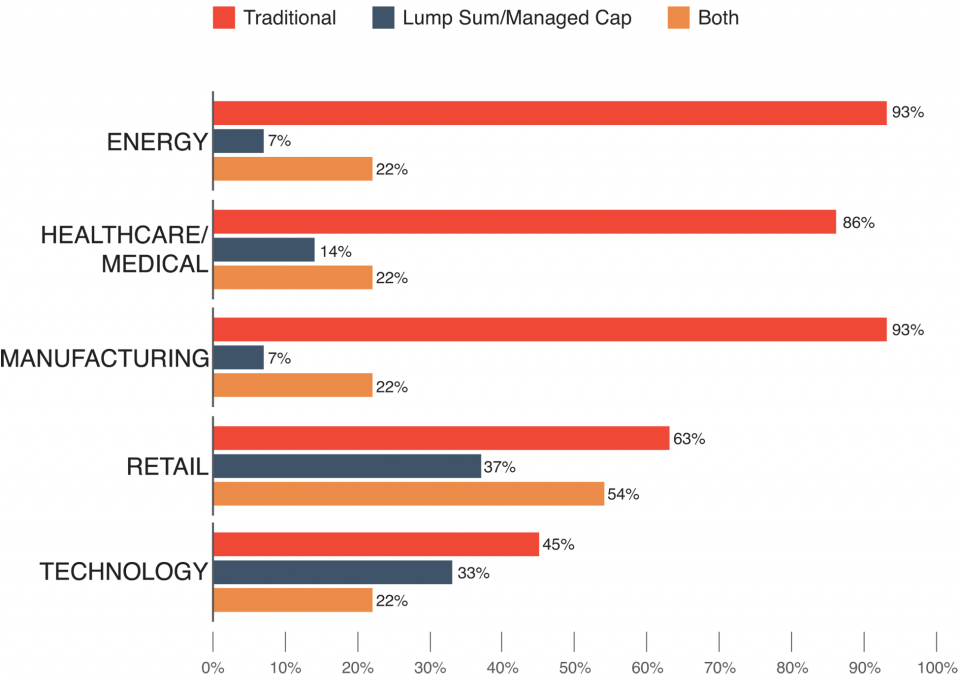The Trump Administration has established a National Vetting Center. The Center’s purpose is to improve coordination among federal departments and agencies as they work together to identify threats to national security and safety. The Administration has given the Department of Homeland Security and other agencies up to six months to establish the Center based on guidelines and the Administration’s approval.
Why is a National Vetting Center Needed?
The Administration is working to enhance national security. The National Vetting Center allows for an integrated approach to the use and management of all data. The Center is designed to work across several areas relating to national security. Intelligence and other information on individuals that may present a threat to national security or other areas such as border security and public safety, can be coordinated, shared, and used among agencies and departments.
Which Federal Departments and Agencies Participate in the Center?
Several federal departments and agencies will participate in the Center, including:
- Department of Homeland Security
- State Department
- Attorney General
- Justice Department
- Central Intelligence Agency
- Defense Department
The Center will operate under the oversight of a National Vetting Governance Board. As a result, the Board will serve as the senior interagency forum for considering issues that affect the National Vetting Center and its activities.
What is the National Vetting Center’s Main Focus?
The Center’s main focus will be on visa applicants, immigrants, and others looking to enter the US. Additionally, other individuals who are already in the US, or may be subject to deportation proceedings, will be included.
Conclusion
The Global relocation experts at Global Mobility Solutions (GMS) have the knowledge and expertise to help your company understand what the National Vetting Center is and how it might impact your company’s relocation program.
Our experts can also help your company determine how to structure your company’s relocation program in light of the National Vetting Center to meet business requirements while offering your employees the best relocation experience. Contact our team of experts to discuss how we can help you with your company’s relocation program, or call us at 800.617.1904 or 480.922.0700 today.






















